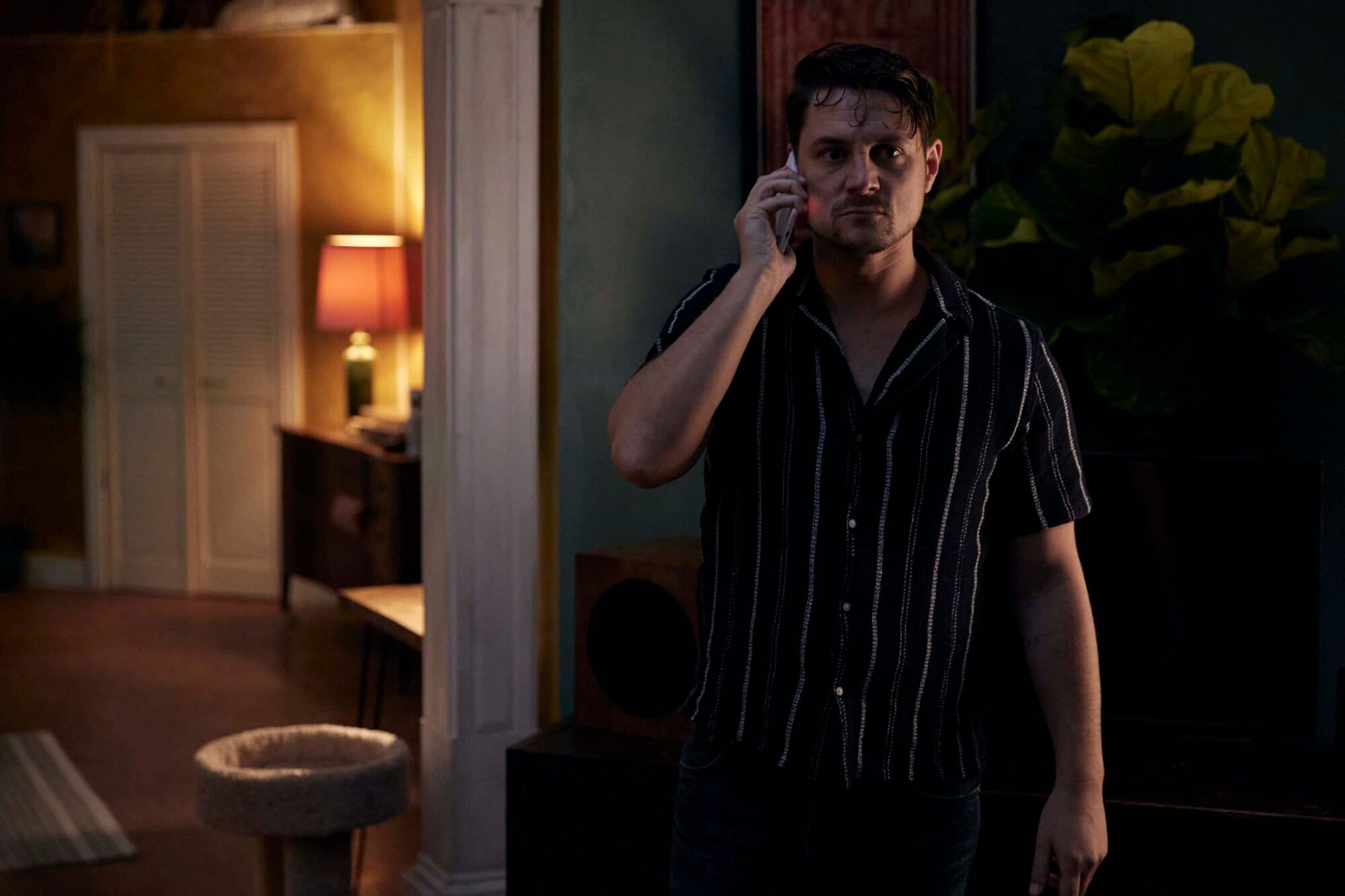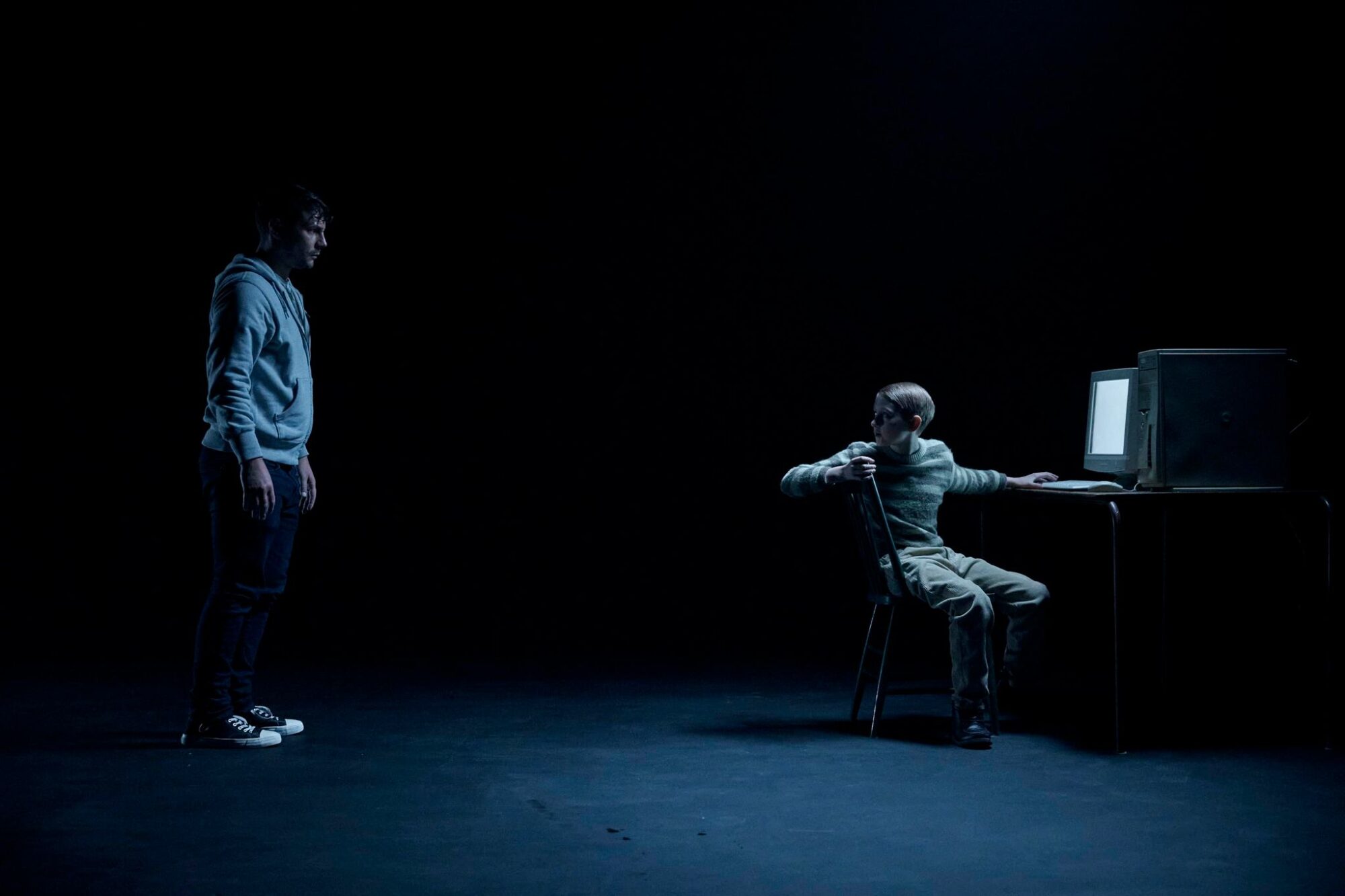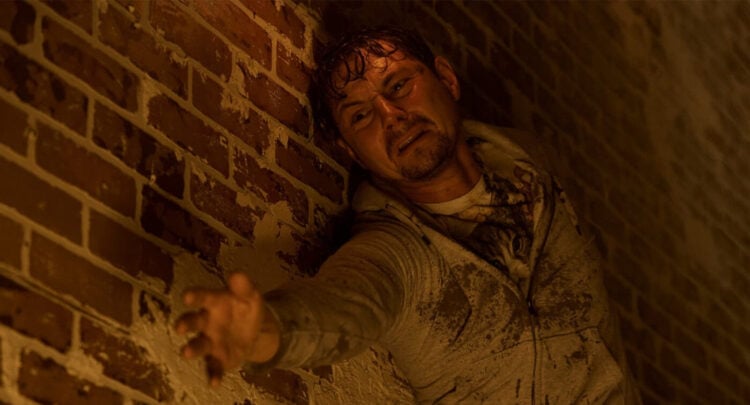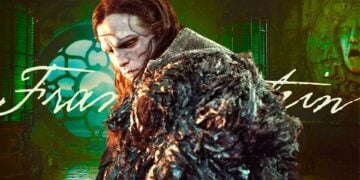In 2017, BuzzFeed’s Adam Ellis documented his encounter with a ghost through the social media platform X, formerly known as Twitter. Now, the story has been turned into a horror film called Dear David. Directed by John McPhail (Anna and the Apocalypse) and starring Augustus Prew as Adam, Justin Long as Bryce, and Andrea Bang as Evelyn, this feature lifts many elements of Adam’s original story, including the look of David and even the feline’s reaction to this entity.
In Dear David, Adam begins to fight back against online trolls who criticise his work. At the same time, he experiences sleep paralysis as he watches an empty rocking chair move by itself in his apartment. Soon afterward, paranormal activity occurs around him as he believes he is being stalked by the ghost of a dead child named David. However, as Adam continues to face experience all types of strange shenanigans, he starts to lose control – being unaware of what’s real and what isn’t anymore.
RELATED: Forgive Me Father Movie Review – Fredi Nwaka’s Crime Thriller Values Style Over Substance

Even though the film has a naturally built-in audience of the people who recognise and followed the original story, Dear David fails to be anything more than a paint-by-numbers horror. The reason Adam’s story connected with audience in the first place was because of the real-time engagement and anticipation of seeing what happens next. Unfortunately, this – and the changes added for creative license to Mike Van Waes’ script – doesn’t come across on screen. Instead, it becomes the same-old story about a child gone too soon and has now decided to spook people in the afterlife. Change the title to the name of a million other horror films and people wouldn’t know the difference here.
While McPhail implements neat tricks and a different approach to the presentation of a few frightening sequences – thanks to DP Stephen Chandler Whitehead’s imaginative techniques – Dear David can’t help but resort to jump scares at the best of times. Again, there’s nothing here that hasn’t been done before in recent times. From a thematical point-of-view, McPhail mentioned how he wants to address trauma in the online space, and it does come across in patches. However, it never feels like this film says anything more than “don’t be an a-hole to people online.” There’s a good idea and intention at the heart of this film, but it’s undercooked in its execution, desperately requiring a bit more fire to truly make an impact.

As the lead of the film, Prew spends a lot of time on screen by himself and having to demonstrate Adam’s deteriorating state of mind. Truth be told, the English actor is one of the high points here, as he showcases a wide range of emotions to convey the torment and anguish his character is going through. The young Cameron Nicoll also turns in a decent performance as David and his character’s makeup is terrifically on point. In terms of the other characters, they largely drift in and out of the story, with some of them not really serving much purpose.
In a year that’s provided top-notch entertainment in the genre – from M3GAN to Saw X – Dear David doesn’t do enough to stand its ground. Despite it being based on a viral story, it struggles to captivate or hold the audience’s attention. Instead, it becomes just another ghost story dipped in every predictable trope imaginable.
Tell us, will you be watching Dear David?













